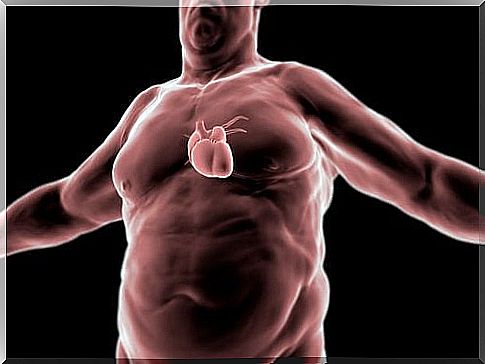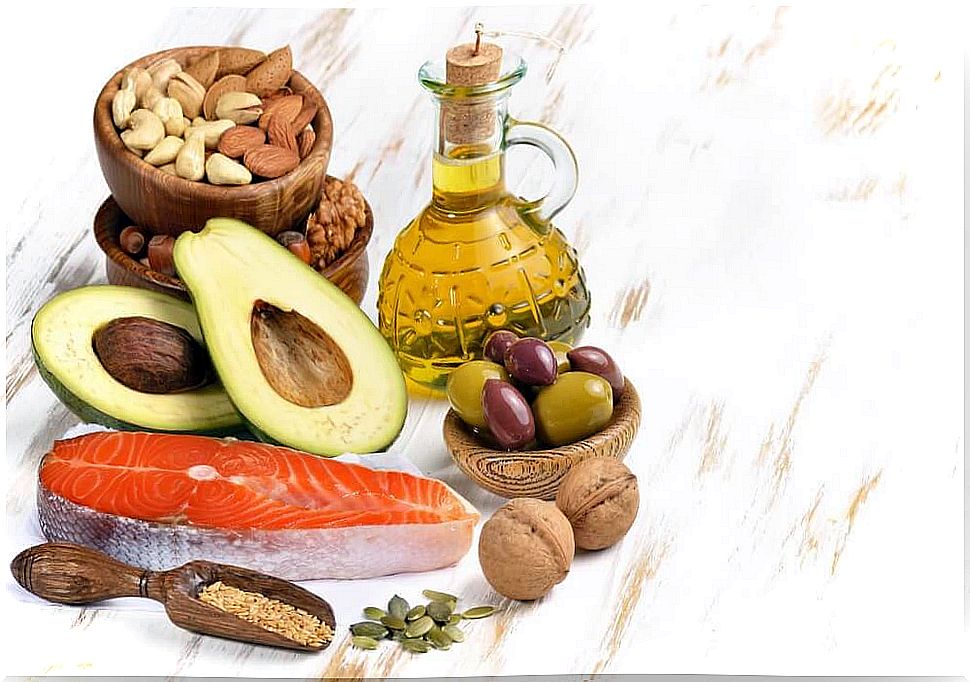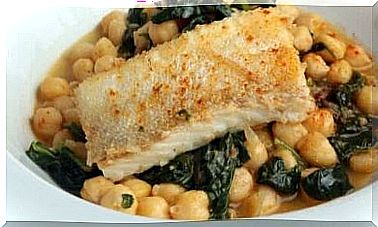What Is The Ketogenic Diet?

Losing weight is gaining health. This premise has become the mantra of those who bet on improving their quality of life. The ketogenic diet is among the many possible options when you are looking for a successful methodology.
It is a nutritional option where the proportions of carbohydrates are considerably reduced. What’s the point? Promote the oxidation of fat, making the body an effective machine for burning it.
Parallel to this process is the formation of ketone bodies that are generated when you eat low carbohydrates and moderate amounts of good protein and fat.
Ketones are used by the body as an alternative fuel when blood sugar is low.
The ketogenic diet produces more energy
The ketogenic diet is ideal for weight loss. With this practice, insulin levels are reduced and fat becomes the body’s main energy engine.
In this way, your fat deposits become more vulnerable and losing weight will no longer be an impossible task.
The liver plays an important role in this process. In fact, it’s responsible for turning fat into ketone bodies, which feed your muscles, heart and brain.
With this strategy, you will be more satisfied, feel less hungry and get a greater supply of energy during the day. In essence, you should be eating more fat and less carbs.
More vegetables and vegetables

This diet acts as a switch because it generates many internal and external changes. If the premise is to eat less carbohydrates, those you are going to consume should come from vegetables.
The standard states that you can only eat less than 50 grams of carbohydrates a day, or about 100 grams of bread.
Therefore, you will need to discard flour, some vegetables, refined sugars, tubers and fruits.
Calories should be concentrated in the set of proteins and good fats, such as olive oil, nuts and avocados. Make way for fish, lean meats and chicken.
Advantages of the Ketogenic Diet
The body will thank you if you put this diet into practice. The benefits it brings to the body are diverse:
1. You will control your appetite

This is an effect that all reduced carbohydrate diets provide.
By increasing protein and healthy fats on your daily menu, your appetite is reduced because you get more satiated with your meals, so you end up consuming fewer calories and losing weight.
2. You will lose weight more easily
The less carbohydrates, the less weight. With the ketogenic diet, you can lose weight two or three times more than when you decide to consume less fat. Plus, you can maintain your ideal weight for longer.
3. You will end up with body fat
When we talk about fat, we are not referring only to what is reflected in the mirror, but to the fat that surrounds each organ.
It is known as visceral fat and is more dangerous than body fat as it is one of the main factors causing metabolic syndrome.
4. Goodbye to heart disease

With the ketogenic diet, cholesterol levels improve, and there is a higher percentage of good “HDL” cholesterol.
Triglyceride levels go down and blood pressure goes down too. In this way, the chances of suffering from cardiovascular disease are reduced.
5. Balances insulin and fights diabetes
With this diet, there is a greater control of the amount of glucose in the blood, thanks to the fact that it generates a greater sensitivity to insulin.
On the other hand, in patients diagnosed with diabetes, this eating plan allows to reduce medication.
Disadvantages of the Ketogenic Diet

When it comes to starting an eating plan, it is essential to review the adverse reactions it can cause.
Although there are multiple advantages generated by the ketogenic diet, there are also factors that must be considered before putting it into practice.
1. Less vitamins and minerals
As the diet is based on fats and proteins, low consumption of fruits and vegetables causes low levels of vitamins, minerals and fiber that can trigger, among other things, constipation.
2. Bad breath or halitosis
Given the decrease in carbohydrates in the diet and the generation of ketone bodies, bad breath can appear, along with fatigue and tiredness.
Diet Fats

In this plan, fats play an important role. Hence the importance of knowing which ones to consume and which ones not.
It’s a matter of knowing how to choose, considering that processed products always do damage to our bodies. They are divided into three:
1. Very good fats
- Fish
- Coconut
- Eggs
- Omega 3
- Oilseeds
2. Good fats
- Lean meats
- Butter
- Milk
- Cheese
- Olive oil
- Pistachio
- Avocado
3. bad fats
- Margarine
- vegetable oils
- Candy
- frying
In short, the ketogenic diet is one of the many options you can consider if you plan on starting a new eating plan.
There are many benefits you will have and some disadvantages you need to be aware of.
Always take into account the observations of an expert. The nutritionist should be your main guide. Although you already have this information in mind, talk to him and try to define what’s best for your body.









